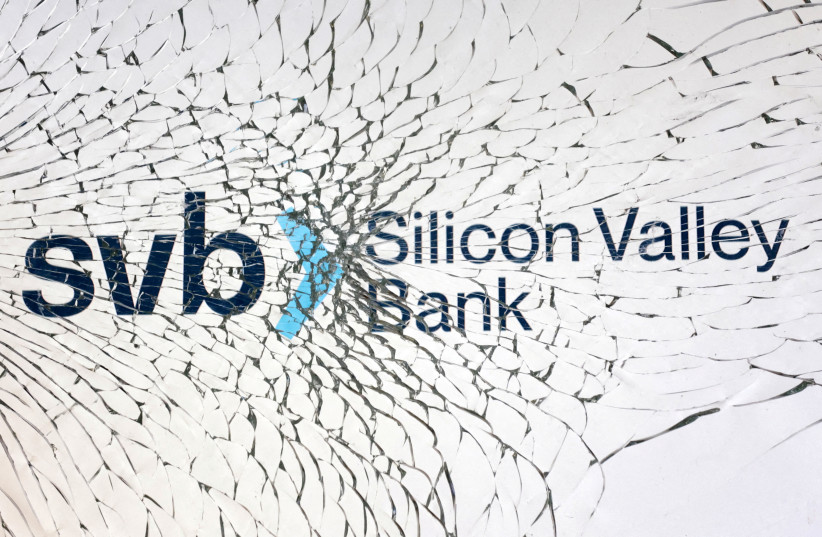Venture lending (also known as venture debt) emerged during the 1970s, at a time when a handful of lenders began offering equipment financing to a growing number of early-stage companies that needed computers, hardware, and other equipment to grow their business.
In the 1980s and early 1990s, this phenomenon expanded, when lenders such as Comdisco, TransAmerica, Western Technology Investment (WTI), Silicon Valley Bank (SVB) and a few other banks and debt funds arrived on the scene and began providing loans to start-up companies that needed an injection of cash. Their loan model was relatively straightforward – typically, the loans would be secured by the company offering up all or substantially all of its assets, including intellectual property, as collateral. The lenders also assumed that the company’s existing investors would act as a backstop by continuing to fund the company in future equity rounds.
Venture lending first reached Israel around the year 2000 when a venture debt fund called Plenus Fund was established by Aharon and Shlomo Dorat. This fund grew into what is known today as Viola Capital.
SVB had a long history in the Israeli hi-tech sector, working with Israeli start-ups from the mid-1990s and opening an office in Tel Aviv in 2008. For the local ecosystem, SVB was able to provide convenient access to the United States banking system and quality service. In addition to providing standard banking services, SVB provided Israeli start-ups with credit lines on attractive terms and even participated sometimes in equity investments.
The Israeli government committee recently established to monitor the situation following SVB’s collapse has estimated that at least a third of local tech companies have a relationship with SVB as a borrower and/or depositor. With the volume of venture capital equity financings tightening over the past year due to the current market conditions, an increasing number of start-ups have entered into a venture lending relationship with SVB to cover their cash flow needs, and in fact, SVB were still circulating new term sheets to potential Israeli borrowers just days before the collapse.
It remains difficult to assess the precise scale to which SVB’s collapse will adversely impact the Israeli hi-tech sector, though it will likely be rather substantial in at least the short term.

While the immediate concern regarding SVB’s depositors’ ability to access and withdraw the funds in their accounts has subsided substantially over the last couple of days, many questions remain unanswered with respect to companies which have drawn down loans, or received a commitment regarding the extension of a loan facility, from SVB. With SVB’s Israeli office now appearing to be closed, it is unclear with whom Israeli companies should be in contact with from SVB to service their needs.
Additionally, anyone who was in the process of entering the US market will need to look elsewhere to find a bank that can service their needs, and without a local Israeli presence this will likely complicate a process that until recently had been relatively streamlined at SVB. To the extent existing SVB credit lines remain frozen, borrowers will need to find alternative solutions but may encounter difficulties removing the existing registered security interests of SVB which in turn may hinder start-ups from obtaining a new line of credit from another lender.
Due to the current global market conditions, there is unlikely to be sufficient capital available to make up for the substantial market share held by SVB in Israel. Moreover, one of the reasons SVB was so successful and able to provide competitive rates was by forcing portfolio companies to bank exclusively with SVB. Going forward, following the mass panic seen over the weekend following SVB’s closure, companies are unlikely to take the risk of having all of their deposits with a single account bank – thus making the opportunity somewhat less attractive to certain potential new lenders. This last point is one that may even be addressed by regulators who may choose to limit the ability of banks to include such requirements in future agreements.
Who are the Players who can Potentially fill SVB’s Shoes?
1) Israeli Lenders
Israeli banks – Bank Leumi, Bank Hapoalim, Discount Bank and Bank Mizrahi Tefahot – have been active for a while in the venture lending sphere, but have found it hard to compete with the likes of SVB. For one thing, their documentation is not tailored to the specific needs of their start-up clients, individually or as a group and often the process takes longer and is subject to Israeli bank bureaucracy. They will need to become more VC-friendly and move over to contemporary English language documentation that will stand up to the scrutiny of foreign investors particularly in connection with due diligence processes.
2) Foreign Lenders
There are a small handful of foreign venture lenders active in Israel – such as Comerica Bank, Valley National Bank (formerly Leumi USA), TriplePoint Capital, Hercules Capital and Kreos Capital. However, these players typically only do a handful of transactions in Israel per year. There are many other active lenders in the US, but they are not used to doing deals in Israel, and it will take time for them to get accustomed to and learn the nuances of the Israeli market. These include general differences in applicable law but also tax considerations, in particular withholding tax requirements on the payment of interest, and issues related to borrowers who received funding from the Israel Innovation Authority or other governmental authorities.
Conclusion
The fall of SVB will be felt throughout the Israeli hi-tech sector. In the short term, it remains to be seen how existing SVB loan facilities will be treated and to whom they will be assigned, but the real question is who, if anyone, will fill the large void left by SVB, and whether there will simply be much less capital available to start-up companies, adding more pressure to the already-squeezed Israeli hi-tech sector.
The writers are co-heads of the venture lending practice at Arnon, Tadmor-Levy law firm.
